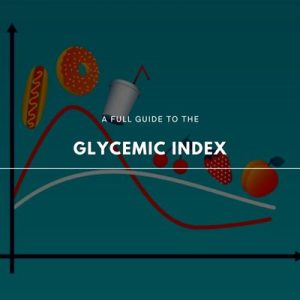A Comprehensive Guide to the Glycemic Index (GI)
The glycemic index ranks food from 1-100 based on how quickly they get converted into sugar and enter into your bloodstream. The higher the food is ranked, the quicker it raises your blood glucose levels. The glycemic load, on the other hand, takes the amount of carbohydrates (in grams) in a single serving into account for a more reliable reading.



